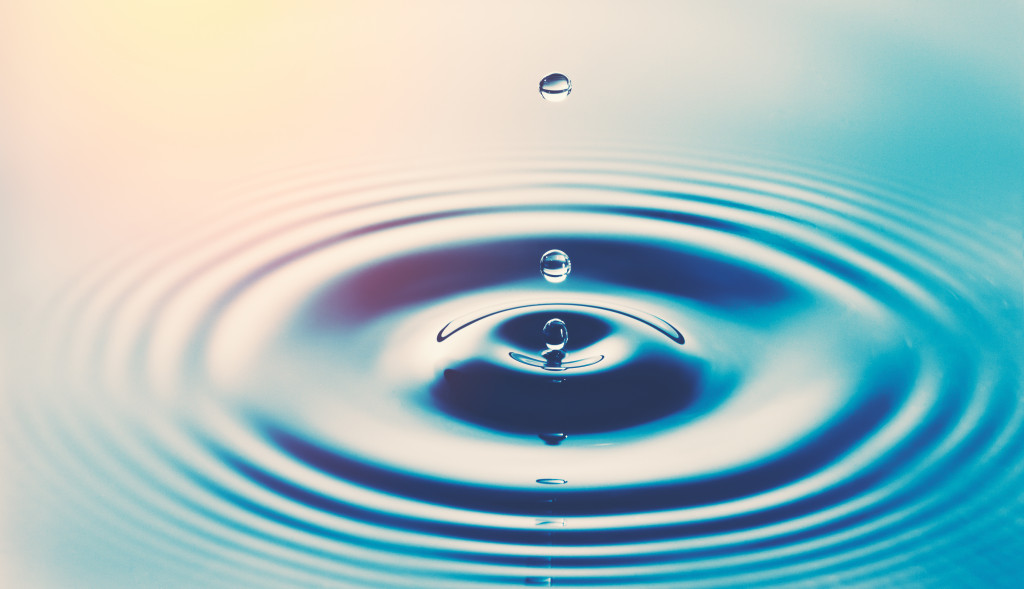- Invest in water filtration systems to remove sediments, microorganisms, heavy metals, and other contaminants from drinking water.
- Use water softener systems to reduce mineral content and prevent scale buildup.
- Periodically test for potential contaminants such as nitrates, arsenic, lead, chlorine, bacteria, pesticides, VOCs, etc.
- Regularly perform plumbing maintenance repairs and upgrades to keep water safe for consumption.
- Avoid drinking tap water due to possible health risks associated with contamination.
Water is essential to our everyday lives, and having clean, safe water in homes is even more critical. According to the World Health Organization (WHO), 2.1 billion people do not have access to essential drinking water services. Even when clean water is available, it’s often expensive and difficult to obtain. For these reasons, managing and protecting home water quality is a critical priority for many households.
Water pollution can cause various health concerns, including diarrhea, gastrointestinal disease, respiratory infections, skin rashes, and neurological effects. Contaminated drinking water has been linked to as many as 4 million deaths yearly due to diarrheal conditions alone. Furthermore, the WHO estimates that 90% of global cases of diarrheal diseases are linked to unsafe drinking water or inadequate sanitation or hygiene.
Several steps can be taken at home to ensure your family can access safe and healthy water. Here are a few to consider:
Take Precautionary Measures

Good water quality is paramount for maintaining and improving our health and well-being, especially when drinking water. Taking preventive measures at home can be a great way to ensure your family can access clean, safe water. Here are a few preventive measures that can help protect your home’s water quality:
Water Filtration
Water filtration is one of the most important steps to ensure good water quality in your home. Water filtration systems can remove sediments, microorganisms, heavy metals, and other contaminants from drinking water. This helps reduce the risk of consuming unhealthy substances and significantly improves the taste of tap water. Furthermore, filtered water is less likely to cause scale buildup in plumbing systems and appliances.
Water Softening
Another good precautionary measure is using a water softener system. Hard water contains high levels of minerals such as calcium and magnesium, which can cause scale buildup in pipes and fixtures over time and interfere with the effectiveness of soap. Water softener systems help remove these minerals before they enter your home’s plumbing system by exchanging them with sodium ions to reduce the hardness level. This helps extend the life of appliances like dishwashers and washing machines while also improving shower or bathwater quality by making it softer and less irritating on the skin.
Testing for Contaminants
Regular contaminant testing should also be part of any precautions taken at home for water quality purposes. Testing kits can detect potential contaminants such as nitrates, arsenic, lead, chlorine, bacteria, pesticides, volatile organic compounds (VOCs), coliform bacteria, E-coli bacteria, iron bacteria, algae blooms (blue-green algae), and more. Identifying these potential problems early on allows you to take action quickly, if necessary, to avoid serious health risks down the road.
Perform Plumbing Maintenance

Regular plumbing maintenance is essential for maintaining healthy water in the home. Plumbing systems are designed to transport and filter out contaminants from drinking water, such as chemicals and heavy metals. If left unchecked, these contaminants can accumulate over time and cause significant issues with drinking water quality. As a result, it’s essential to ensure regular plumbing maintenance, repairs, and upgrades are done to keep water safe for consumption.
Here are a few repairs to consider:
Fixing Pipe Leaks
Pipe leaks are common in many households and can cause severe water damage if left unchecked. Reproducing leaks quickly is essential to prevent further damage and contamination.
Inspecting Fixtures
It’s also essential to inspect plumbing fixtures regularly for signs of corrosion, mineral buildup, or other problems that may affect the quality of your drinking water. If there are any signs of decay, replace the fixture right away.
Replacing Seals
The seals on plumbing fixtures should be checked periodically to ensure they function correctly. Replace any cracked or broken seals immediately for a leak-proof system. Additionally, check all valves for proper operation since damaged valves can lead to water wastage or potential backflow problems.
Avoid Drinking Tap Water
Tap water can contain various contaminants, such as chemicals, heavy metals, and bacteria, which can severely threaten your health. Over time, these contaminants often result from improper maintenance and inspection of plumbing fixtures or sediment buildup in pipes. Furthermore, drinking tap water may contain harmful microorganisms such as E. coli, coliform bacteria, and other pathogens that can cause severe gastrointestinal illnesses.
In addition to the health risks posed by drinking tap water, it can also have an unpleasant taste and odor due to chemical residue or chlorine used to disinfect it. In some cases, tap water may even contain high levels of lead, which can lead to long-term neurological effects in children.
To avoid any potential health risks associated with contaminated tap water, the best action is to avoid drinking it altogether. Instead, invest in a quality filtration system or bottled water for everyday drinking. Quality filtration systems are designed to reduce or eliminate contaminants from tap water so you can enjoy clean and safe drinking water free from toxins and microorganisms. Bottled water is also widely available in many stores and online retailers and is often tested for safety before being packaged for sale.
Final Thoughts
Taking precautions when handling home water is essential for avoiding contamination affecting your family’s health. Investing in preventive measures such as filtration systems, regular plumbing maintenance, testing kits for contaminants, and avoiding tap water altogether are all critical steps toward ensuring you always have access to clean and safe drinking water at home.

